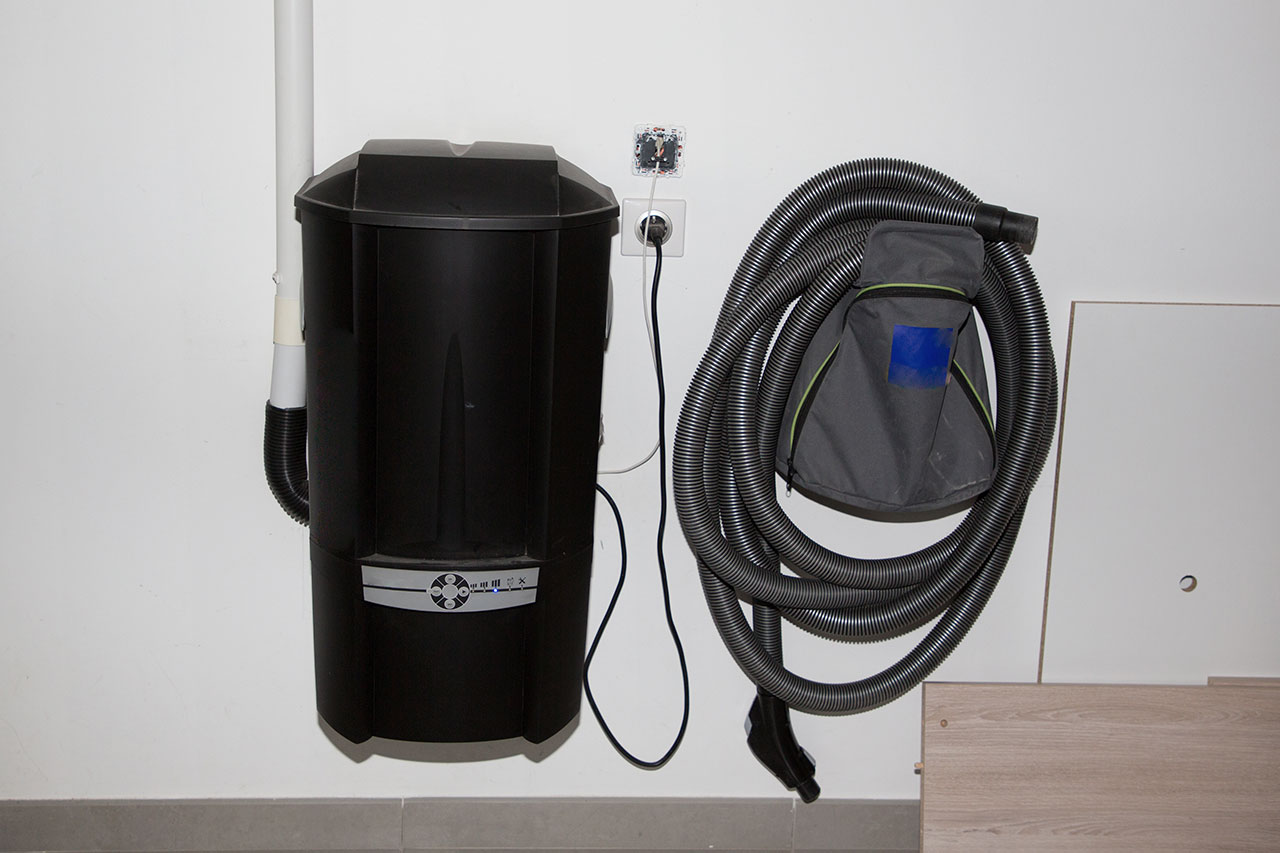How Much Does it Cost to Repair a Central Vacuum?
Typical Range:
$129 - $561
Typical Range:
$129 - $561
Cost data is based on actual project costs as reported by 1,686 HomeAdvisor members. Embed this data
.
.
.
.
.
.
.
.
.
.
.
.
.
.
.
.
.
.
.
.
.
.
.
.
.
.
.
.
.
.
•
•
•
•
Published October 25, 2021
Written by HomeAdvisor.The average cost to repair a central vacuum is $322, with most prices between $129 and $561—which isn’t bad for a product that keeps your entire home clean without much work after setup. However, when issues do arise, it’s probably worth hiring a pro for central vacuum repair, both for safety and financial reasons. Learn more about how much your repairs could cost in this guide.
Let's calculate cost data for you. Where are you located?
Where are you located?
| National Average | $322 |
| Typical Range | $129 - $561 |
| Low End - High End | $65 - $1,100 |
Cost data is based on actual project costs as reported by 1,686 HomeAdvisor members.
Common central vacuum issues that require repairs or maintenance include:
Blown motor: $350+
Electrical issues: $300+
Blocked or clogged filter: $50 to $100 per hour
Central vacuum pipe: $150
Bag replacement: $20 to $80
Hose extension: $50 to $90
Hiring a central vacuum repair specialist is your best bet if you suspect the issue stems from the motor or electrical components. On the other hand, basic maintenance, like changing filters or adding an extension hose, are doable DIY projects and only take a few minutes.
All told, installing a new central vacuum costs $1,140 to $2,190. When it comes to repair services, most central vacuum repair specialists charge an hourly rate to homeowners. A good range to consider is $15 to $55 per hour when receiving quotes or shopping around. New parts, such as replacing a new motor or installing a new bag or filter, will increase the cost.
In some cases, such as a blown motor in a filter device powering a large home, replacing the central vacuum could actually make more sense—especially if it’s an older (10-plus years) model.
Three types of issues could cause your central vacuum to stop working or underperform.
Most central vacuum motors are rated to last up to 20 years. That said, motor issues are one of the most common problems homeowners experience.
Signs that your central vacuum’s motor is on the fritz may include:
A burning smell
A loss of suction
Strange or loud noises coming from the vacuum
Clogged filters, even with frequent changes
Minor issues, such as grinding or a burning smell, are solvable with lubrication and only cost around $50. Alternatively, replacing a vacuum motor costs between $100 and $500, plus installation.
Check your manufacturer warranty if you suspect the issue is a blown motor. Many come with five- or even seven-year coverage for drivetrain issues.
Many common problems with central vacuums come down to electrical components not working properly. This could cause your device to:
Not turn off
Not turn on
Only vacuum in certain areas of your home or building
Lose suction strength
A central vac repair specialist is versed in these issues and knows how to fix and service them safely. A good guideline to expect is $15 to $55 per hour for repairs, plus parts if needed.
Minor issues, such as clogged filters or faulty hose extensions, could also be the reason your product stops vacuuming or isn’t working as well as it should. These fixes may only cost $10 to $100 to repair, and some of them, such as replacing bags or filters, can be done DIY.
For most products, you should change the filters every three to six months.
There are two types of central vacuums, one of which costs more but delivers more power.
Cyclonic, or bagless central vacuum systems, use cyclonic separation to help remove dirt particles and debris. They are more affordable and a solid option for smaller homes or building spaces that you’d like to keep clean without lugging around a vacuum. They start at around $600.
As their name implies, they don’t require filters or bags, so maintenance after the initial setup is minimal.
Filtered central vacuum systems use filters, bags, or a combination of the two to remove dirt and debris. Filter systems cost $1,600 to $2,000 brand new but could be as much as $4,000 if you’re retrofitting a central vacuum for a large home or building.
We highly recommend that you hire a central vacuum repair professional instead of tackling this project by yourself, especially if you suspect electrical issues to be the problem. Motor and/or electrical issues are tough for the untrained eye to diagnose and could threaten your safety.
Hiring a pro gives you peace of mind and ensures you won’t damage the device and incur more costs.
For many homeowners, yes. Central vacuums do a great job of removing dust and dirt from your home and are generally very quiet, so you basically eliminate one household chore without much of a tradeoff. A pro can install a system by retrofitting older homes.
If low maintenance is a priority, or you’re installing a system in a second home that you won’t frequent, cyclonic systems are a fine choice. Filter vacuums are generally recommended for those with asthma, other respiratory issues, or several pets in the home, as you can add HEPA-certified bags and filters to your device.
